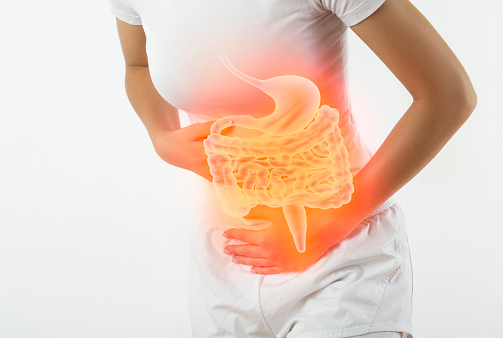How to deal with constipation as a cancer patient
Jul 31, 2022
Share

Cancer is a disease that affects people differently. Some constipate, others face severe diarrhea problems, and all these side effects must be managed carefully for the patient’s wellbeing. There are different kinds of cancer depending on where the uncontrollably abnormal cell division(tumor) occurs. When treated early as any other illness or condition, one can actually be cured. However, cancer treatment can have some side effects depending on the individual’s immune response. Here we have constipation in cancer patients as a side effect of cancer and its treatment to see how we should deal with it.
What causes Constipation in cancer patients
Constipation is an irregular pattern of bowel movement that happens when the stool is difficult to pass as it becomes painful, less frequent, and dry. This can be quite an uncomfortable condition because the body absorbs more water and signals food to pass through the bowels. Constipation in cancer patients can go hand in hand with various treatments meant for the disease. A cancer patient may experience constipation due to the following reasons:
- A lack of enough fluids in the digestive system.
- Minimal to little physical exercise and body activities as it affects digestive ingestion patterns.
- Tumors in your pelvis, belly or allergenic reactions to various types of cancer treatments.
- Cancer medication may also lead to constipation issues. Pain medicine for instance may cause muscle slowness in the digestive system leading to more difficulty when passing stool.
Other medications used to prevent nausea, dizziness, vomiting, high blood pressure, diarrhea may affect the digestive track as well. These include chemotherapy drugs, iron supplements, and other drugs.
How do you know that you are constipating?
Sometimes we may not distinguish between when one is experiencing constipation due to cancer or other conditions. However, the body reaction and symptoms are similar in either case. Here are ways to know that you are constipated:
- Feeling nausea and vomiting
- Hard pellet-like bowel movement
- Frequently stomach gas passing
- Stomachaches or crumps
- Having irregular bowel patterns
Remedies for Constipation in Cancer Patients
For any health condition, one needs to figure out basic aid remedies that they can use to stay healthy and ease colon cancer constipation. These are basic tips you need to know:
- Drink lots of fluids. Dehydration is the cause of most constipation cases and taking fluids can make one feel better and stay hydrated. It’s recommended that you take at least 8 glasses of water daily.
- Keeping your body active as much as possible can real make a difference on your immune system. Walk, run, work errands, or engage in any other sort of exercise to change your ingestion patterns.
- Intake of high-fiber foods. Constipation is generally reduced by eating and taking substance with high fiber, but this may also be an issue in case you have gone through intestinal surgery. Remember to consult Rachel Spenser, our Registered Dietitian on OncoPower. Here are some tips on how to use nutrition to manage constipation,
- Avoid taking wrong medicines. Some constipation medicines may have severe impacts on cancer patients by causing bleeding and other side effects. Therefore, it is always a good idea to learn about your medicine.
Recommendations
Since cancer is a serious illness, applying these remedies should always be after consultation with your healthcare provider. Make sure they let you know how to keep track of your bowel movements, steps you can take to feel better, prescriptions, and any other essential dos and don’ts because they understand your condition better. You can watch a educational video on cancer-related constipation and oncologist’s recommendation to manage it on OncoPower app.
Trusted by cancer patients around the world.
Joan-Smith
Virginia, United States
ChuckHastings
Florida, United States
DebraPearl
Pennsylvania, United States
Jennweeks
Iowa , United States
PatrickDW
Western Cape, South Africa
Jamie-Alexander
Floroda United States
CJ
Liz
Florida, United States
NYCynthia
New York, United States
Ferdi
California, United States